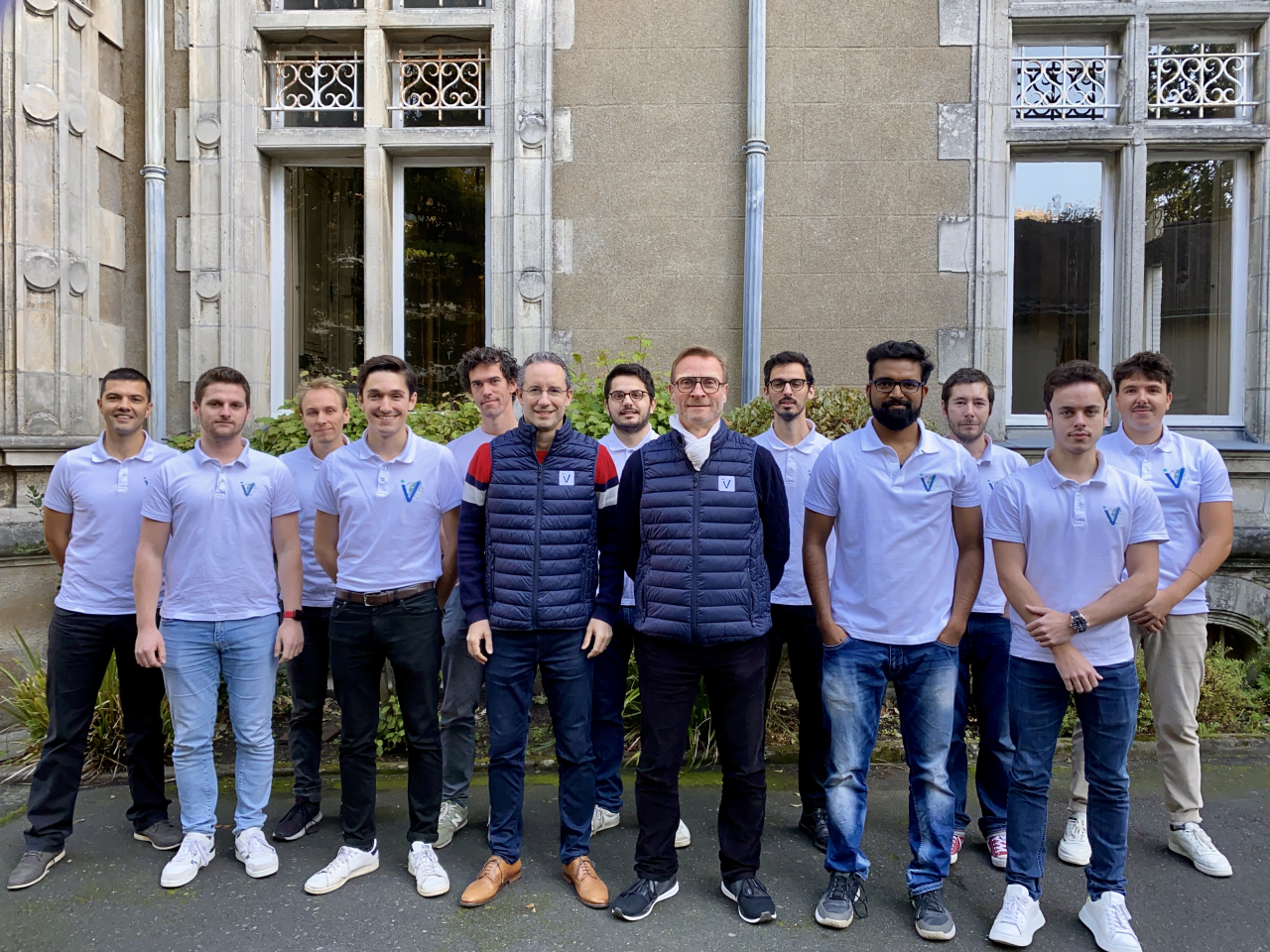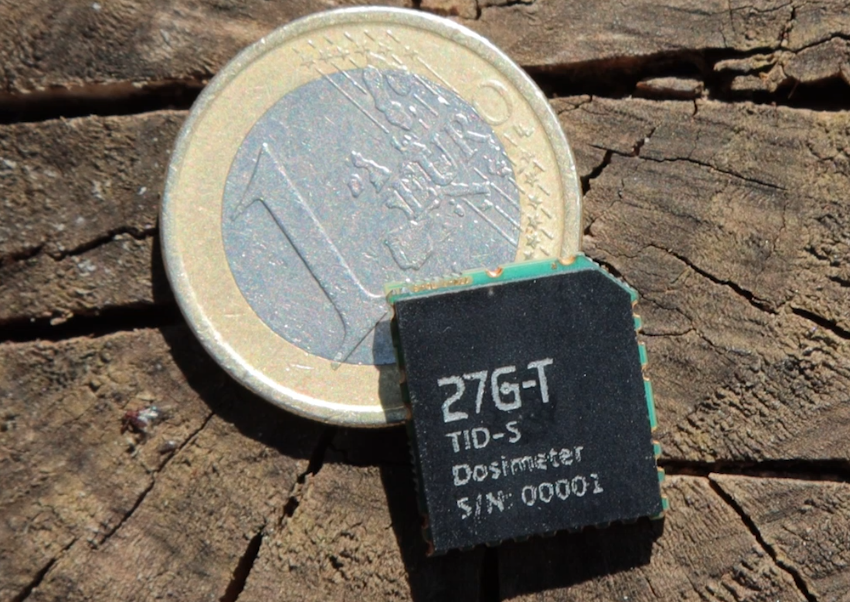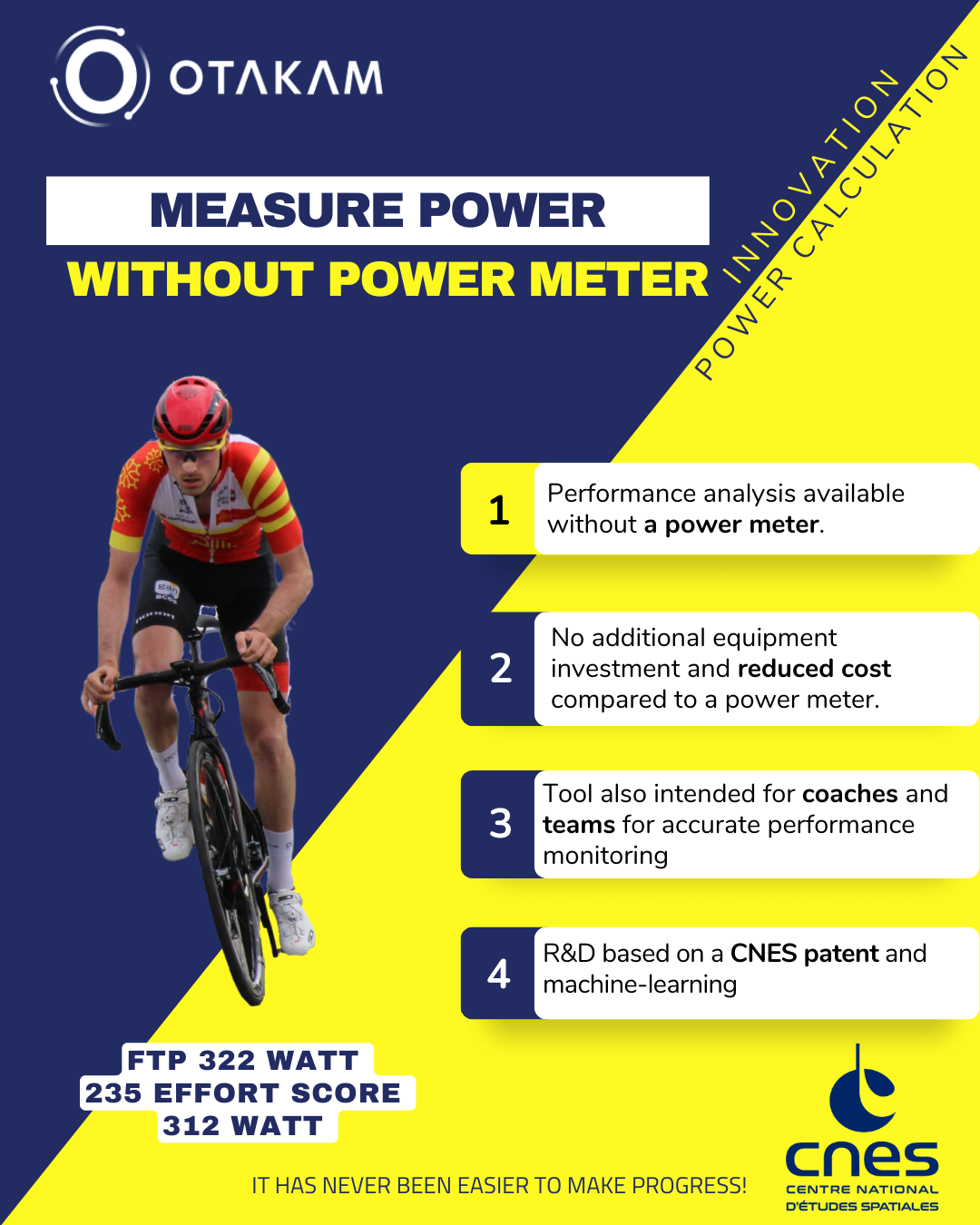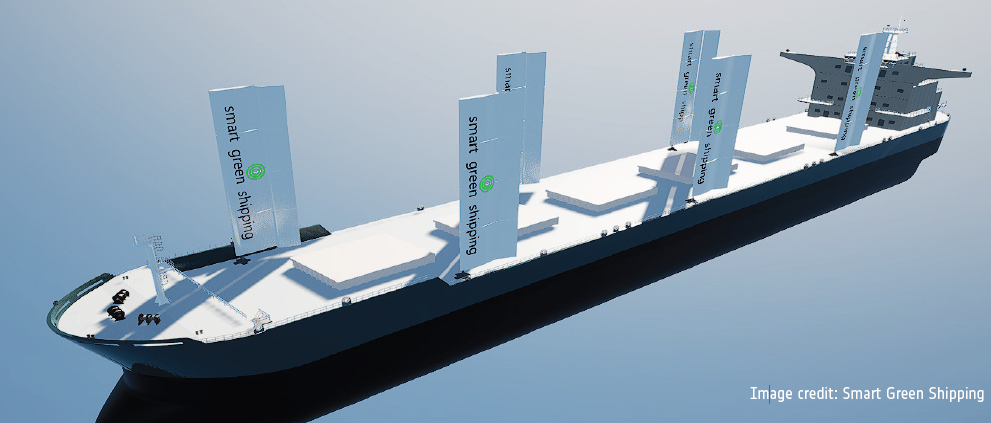Stratio is the world-leading platform in real-time fleet predictive maintenance. The solution allows to detect problems with components in the vehicles before they happen, predicting roadside breakdowns and eliminating vehicle downtime, which are two of the main causes for costs among fleet operators. The technology uses machine learning algorithms to process data collected from vehicle sensors to avoid vehicle breakdowns, enabling early fault detection and unique predictive insight into vehicles’ health, saving millions of people from the hassle of public transportation delays, postponed deliveries, or late arrival of essential goods. This predictability is the game-changer for successful operations, not only reducing downtime but also costs related to a shorter vehicle lifetime, more frequent replacement of pieces and additional fuel consumption.
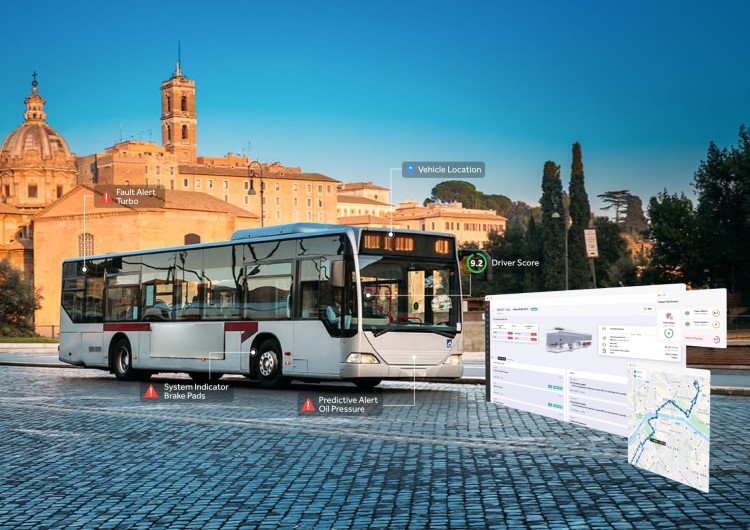
Stratio was created in 2017 and incubated at Instituto Pedro Nunes (IPN) in the ESA BIC Portugal incubation programme. IPN is a ESA Space Solutions Centre and was the first among the 22 other European ESA centres to host, within the same entity, the three areas promoting downstream businesses: ESA Business Incubation Centres, ESA Technology Broker Network and ESA Business Applications Ambassadors.
About its experience as an ESA BIC Incubatee, Mario Cruz, Head of Marketing at Stratio highlights the benefits of participation in this incubation programme: ‘The European Space Agency recognition and support was important for us to develop and advance our own technology and later make it available for all our customers’.
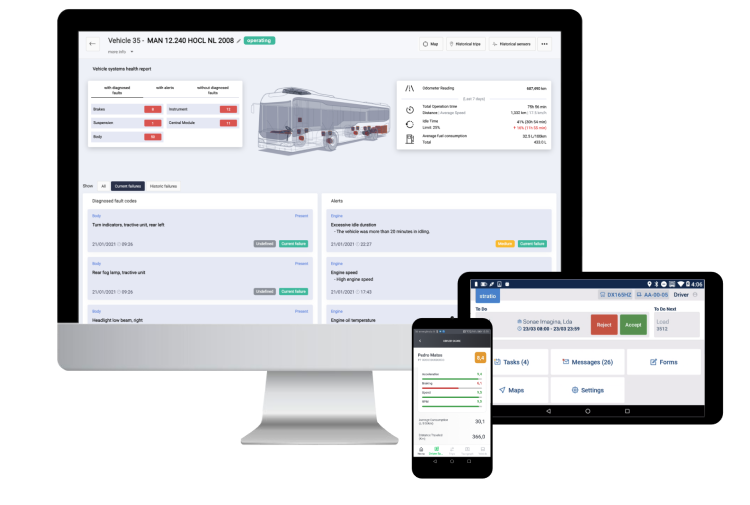
Stratio’s platform allows a zero downtime (periods of inactivity) to some of the largest Transport Companies in the world: Keolis, Arriva, RATP Dev, Go-Ahead, Ford Trucks and ComfortDelGro. The company has been recognized by the European Commission and the European Space Agency and has even been selected to take on the Central Stage on the opening night of the Web Summit in Lisbon, in 2019. Last November, Stratio raised a $12 million Series A funding round from Forestay Capital, Waypoint Capital’s Deep Tech and SaaS Venture Capital arm, with the participation of the existing investor Crane Venture Partners. This investment is a key milestone for the company to accelerate its global expansion and increase its R&D, speed up time-to-market and double its headcount by the end of this year.
Stratio’s Annual Recurring Revenue (ARR) has grown 2700% since its seed investment round and, during the last two years, 65% of the company’s budget was applied in R&D. This allowed Stratio to develop advanced machine learning techniques for predictive maintenance while automating vehicle data interpretation. This means the technology can be deployed on all types of vehicle, brands and models, as well as gather large amounts of high granular data from all components and systems. This funding round will also strengthen the impact of Stratio’s technology on the transition to zero emissions fleets. It requires twice the investment for transportation companies to become fully electric when compared to standard internal combustion vehicles, and predictive maintenance keeps vehicles off the workshop and on the road, which enables the economic viability needed for the adoption of zero-emission vehicles and justifies the investment for this transition.
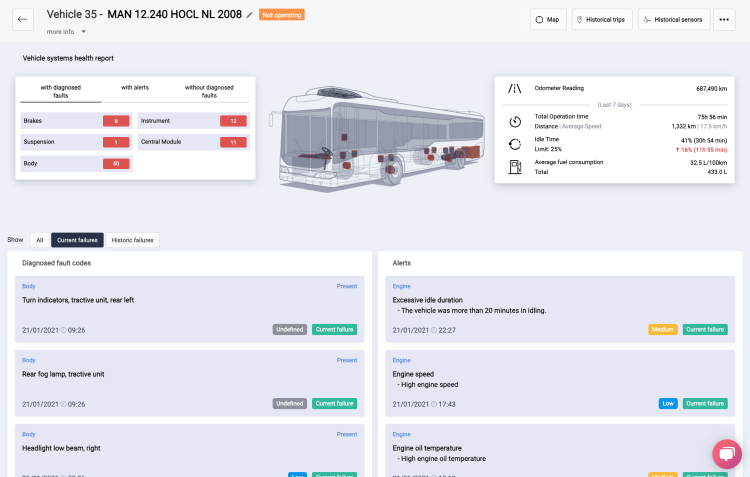
The Space Connection
Key features of Stratio’s platform that provide the optimisation of fleet resources, better management and fuel consumption are GNSS (Global Navigation Satellite System) enabled. The success of the company’s technology depends highly on location tracking services and requires high precision, availability and coverage. Intelligent Transport Systems (ITS) for road transport is one of the most important segments of the GNSS market.
Humberto Rodrigues, Head of Embedded Systems Engineering at Stratio states that ‘by using a GNSS receiver, Stratio’s use of EGNOS (European Geostationary Navigation Overlay Service), a Satellite Navigation Augmentation System, is an immediate advantage that increases the positioning accuracy, by improving the performance of the GPS signal. Having EGNOS active our equipment permitted us to maintain GPS fix for longer periods and greatly improve positioning accuracy. This helped us a lot, because in our business having an accurate positioning is essential.’
